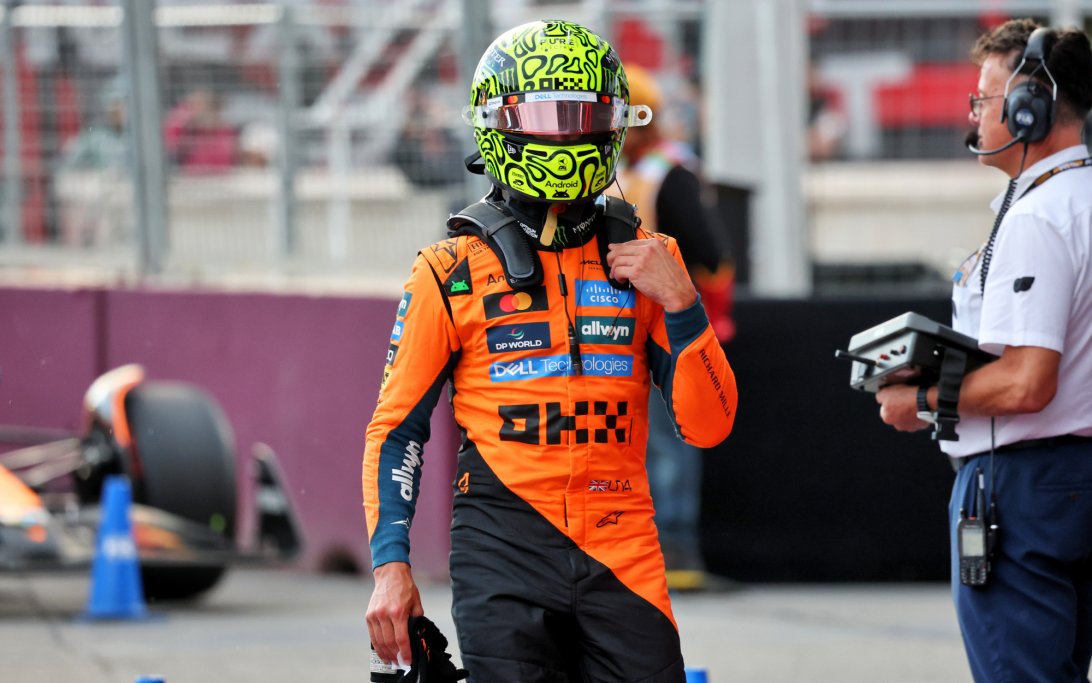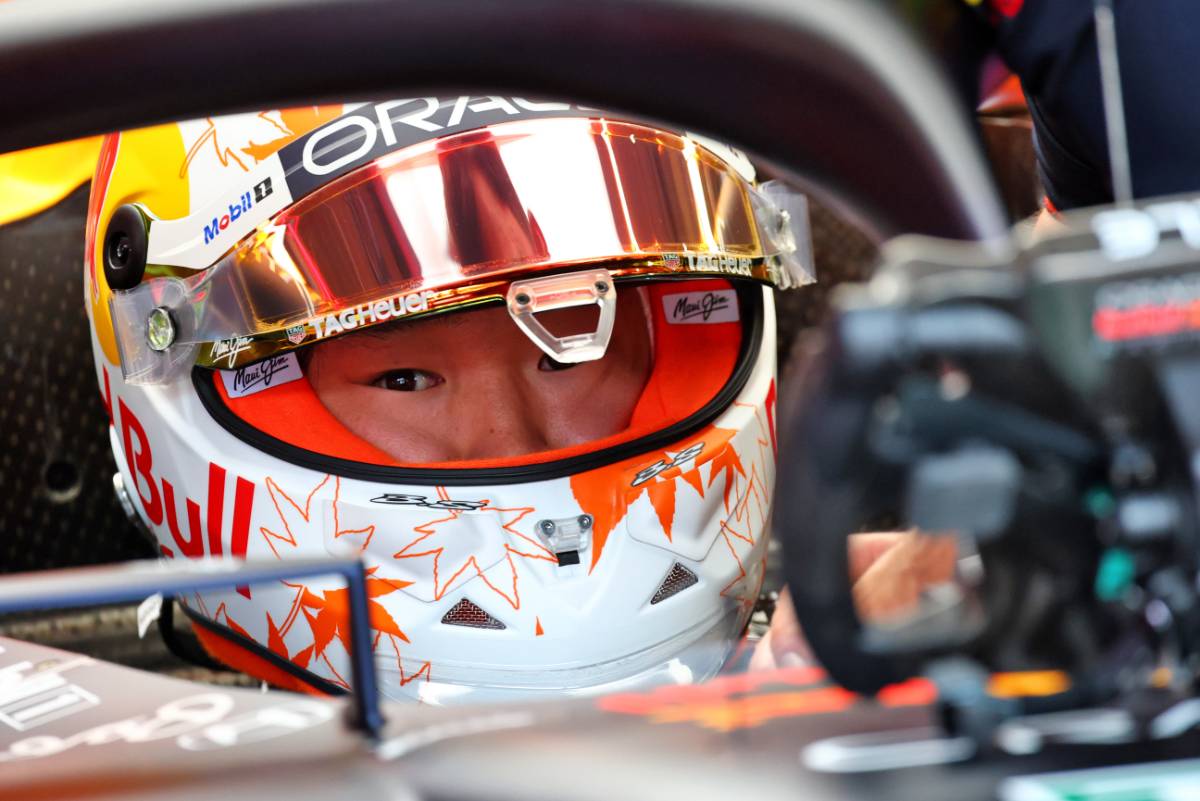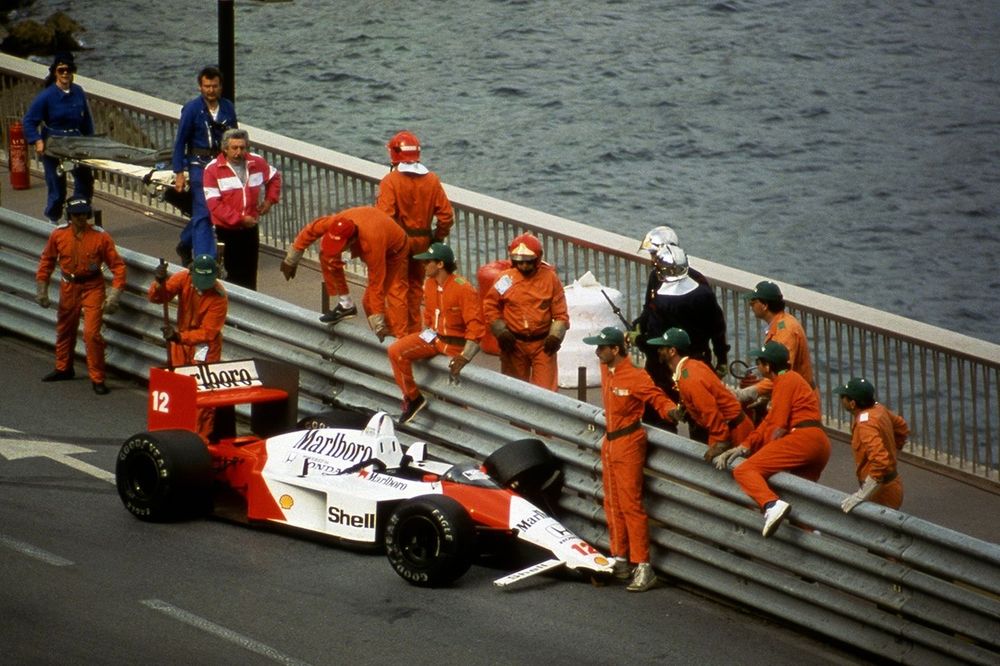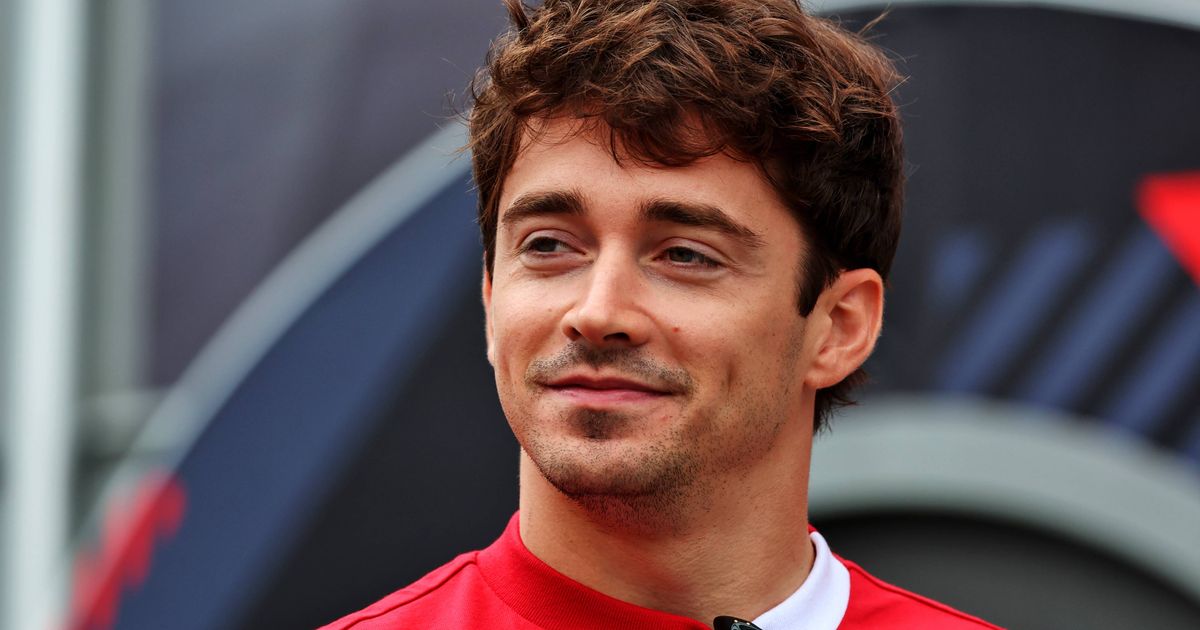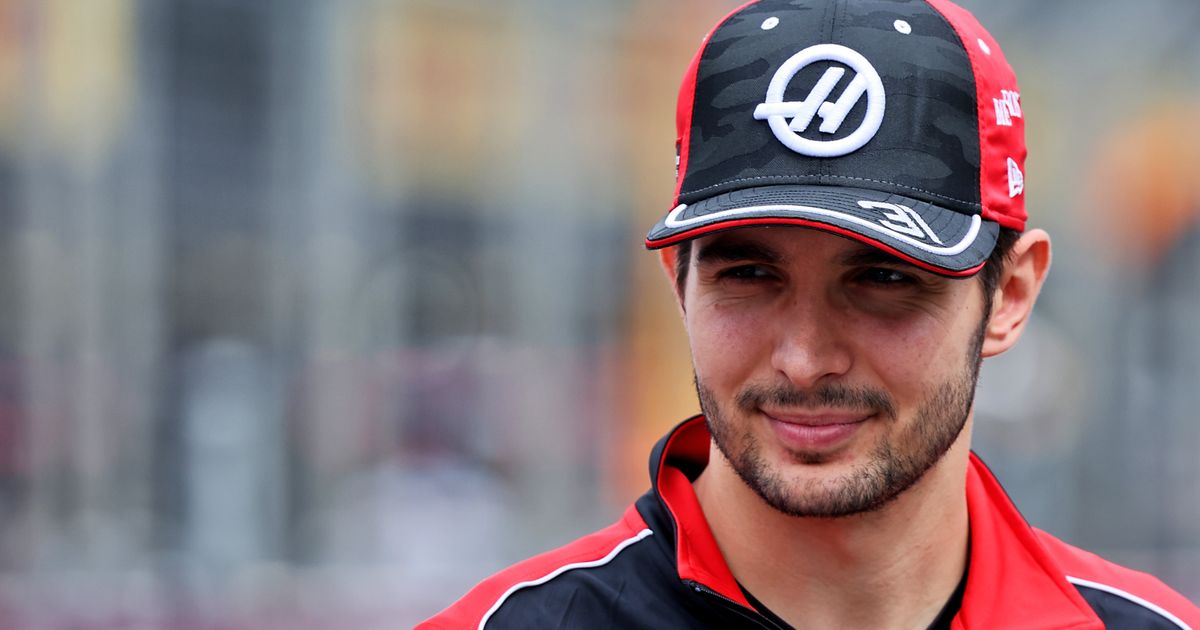
Esteban Ocon Criticizes F1 Sprint Expansion, Advocates for Traditional Race Format
Esteban Ocon has voiced strong opposition to the increasing number of F1 Sprints and the potential introduction of reverse grids, arguing that such changes dilute the sport's essence and diminish the excitement of traditional Grand Prix weekends. Ocon believes that Formula 1 should preserve its 'pure' form of racing, where anticipation for the main event builds up naturally, rather than catering to a fast-consumption culture.
Why it matters:
F1's recent push for more Sprint races and discussions around reverse grids are attempts to attract new audiences and increase engagement. However, drivers like Ocon raise valid concerns that these changes could alienate long-time fans and undermine the sport's integrity by prioritizing 'show' over genuine competition and tradition.
The Details:
- Against More Sprints: Ocon argues that while people in today's consumer world constantly crave more content, this approach diminishes the build-up and appreciation for traditional F1 Grands Prix.
- He recalls a time when waiting for the next race was a 'big highlight' of his week, with qualifying and the Grand Prix itself creating a profound sense of anticipation.
- He believes that adding Sprints on top of an already busy calendar (almost weekly races) is 'a bit too much,' even though it provides more content and potentially more views.
- Against Reverse Grids: Ocon is firmly against reverse grids, deeming them 'artificial.'
- He emphasizes that Formula 1 should remain a pure form of racing where the quickest driver and strongest team genuinely win.
- While acknowledging that reverse grids might create more 'show' and opportunities for less competitive teams in Sprint races, he believes that in a proper Grand Prix, teams would ultimately revert to their natural pace.
- Preserving F1's Purity: Ocon's central argument is that F1 needs to maintain the 'pure kind of racing that we watched when we were young,' focusing on genuine speed and competition rather than manufactured entertainment.
The Big Picture:
Ocon's comments reflect a growing debate within the F1 community regarding the balance between tradition and innovation. While F1 management aims to modernize the sport and expand its global appeal through formats like Sprints, many purists, including some drivers and fans, feel that these changes detract from the historical prestige and competitive integrity of Grand Prix racing. The tension between enhancing spectacle and preserving tradition will likely continue as F1 evolves.
What's next:
The discussions around Sprint race formats and other potential rule changes, such as reverse grids, are ongoing within F1's leadership. Driver opinions, like Ocon's, will undoubtedly play a role in these future decisions, potentially influencing whether the sport leans further into new formats or re-evaluates its approach to retain its traditional appeal. The outcome will shape the F1 experience for both current and future generations of fans.
Original Article :https://www.gpblog.com/en/news/sunday-was-the-highlight-criticism-detailed-over-...





